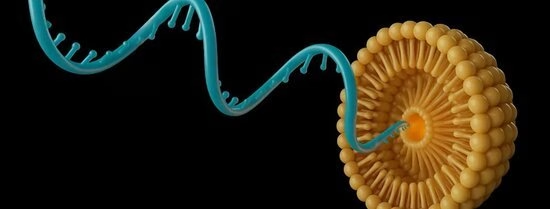A new study, co-authored by Maarten IJzerman of Erasmus School of Health Policy & Management (ESHPM), introduces an innovative approach to bringing gene therapies for rare diseases closer to patients. The research, published in Frontiers in Science, presents the concept of NANOSPRESSO, a decentralised, hospital-based production system for nucleic acid nanomedicines.
Gene therapies and mRNA-based treatments hold significant promise for individuals living with rare diseases, but access to these advanced therapies remains limited. High production costs, complex logistics, and centralised manufacturing models often delay the availability of personalised treatments, particularly for rare disease patients who urgently need them.
The NANOSPRESSO concept aims to overcome these challenges by enabling local, small-scale manufacturing of personalised therapies directly within hospital pharmacies. This approach could reduce production costs, eliminate the need for complex supply chains, and accelerate the delivery of tailored treatments.
ESHPM, spotlighting IJzerman’s team of Sandra Sülz, Bora Zwart and Maura Leusder, contributed essential expertise in health economics, policy, and implementation science to the project. Understanding how to integrate such groundbreaking technologies into existing healthcare systems is vital to ensure these innovations reach the patients who need them most.

"This research brings together science, technology, and policy to rethink how we can deliver personalised care for people with rare diseases,"
"At ESHPM, we are proud to contribute to ensuring that promising innovations like NANOSPRESSO are not only scientifically feasible but also practically accessible and economically sustainable."
Prof.dr. Maarten Ijzerman
Full Professor at Erasmus School of Health Policy & Management
The project reflects a global collaboration between experts in nanomedicine, regulatory science, and health policy. The project is coordinated by the University of Utrecht with professor Ray Schiffelers being the scientific lead. Other partners include the European Technology Platform Nanomedicine in Paris, the University of Twente, the Leiden Academic Centre for Drug Research, UMC Utrecht, Karolinska Institute in Sweden and the University of British Columbia in Vancouver, alongside ESHPM and several SMEs based in Norway, the United Kingdom, Germany and the United States. Together, the consortium works towards improving access to personalised therapies and advancing equity in healthcare.
- More information
Read the full article here.
Official press release from Frontiers in Science.

